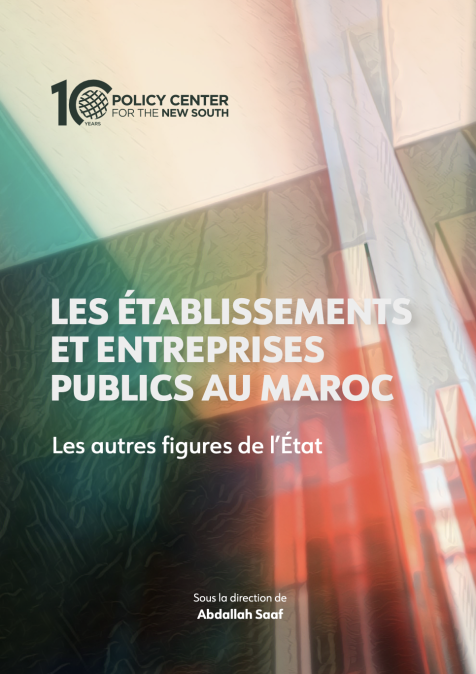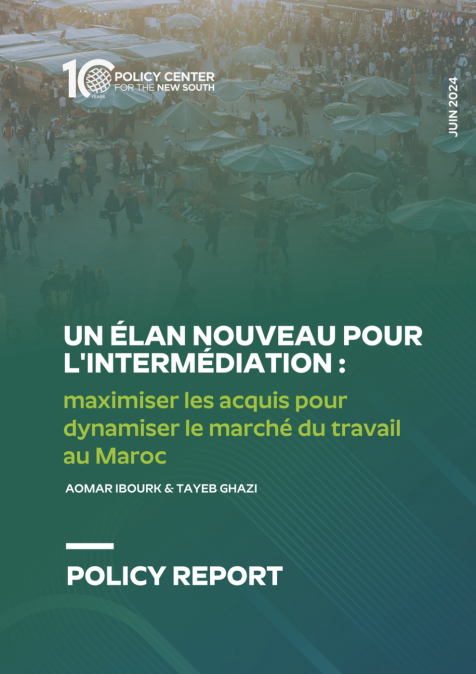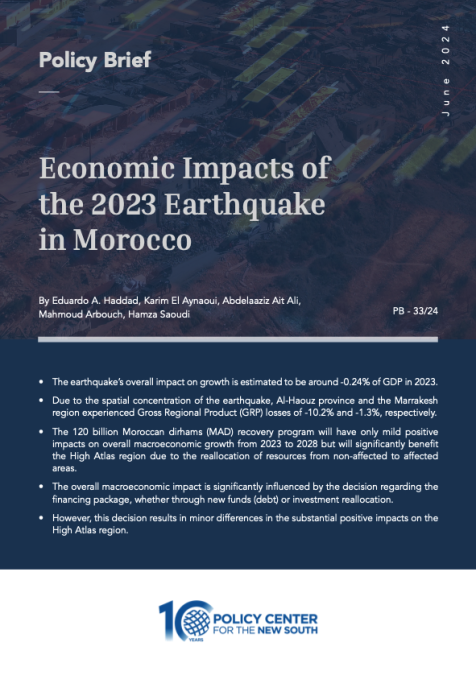Présentation du rapport ARCADIA 2019 : l’Afrique et les marchés mondiaux de matières premières Abdellah Mouttaqi, Secrétaire Général, ONHYM www.policycenter.ma
Speakers

Abdellah Mouttaqi
Secrétaire Général, ONHYM et Membre du CESE
Titulaire d’un Doctorat d’Etat en 1997, Abdellah Mouttaqi, actuellement Secrétaire Général de l’Office National des Hydrocarbures et des Mines (ONHYM), avait commencé sa carrière en tant qu’enseignant chercheur à la faculté des sciences de l’université Cadi Ayyad de Marrakech. Il a rejoint l’ONHYM en 1998 où il a occupé plusieurs postes de responsabilité. En 2011, il est nommé par Sa Majesté le Roi Membre du Conseil Economique, Social et Environnemental (CESE). Titulaire de plusieurs publications sur les ressources naturelles, le développement durable et le développement humain, il est également administrateur de plusieurs compagnies minières, de la Fédération de l’Industrie Minérale, Vice-Président de l’Institut Marocain des Relations Internationales, Président de l’Associati ...









